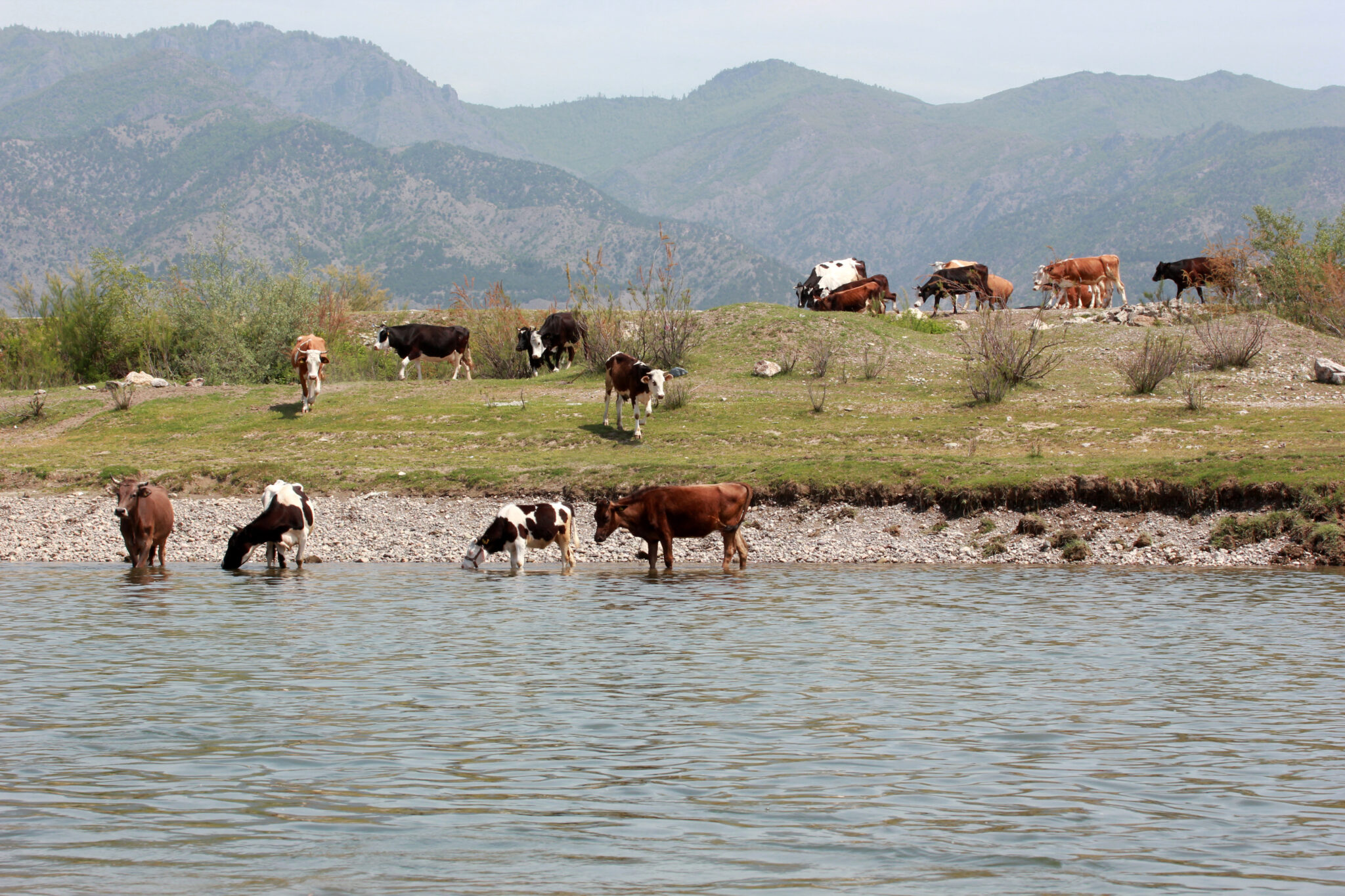IHCantabria collaborated in a study on strategies to evaluate and improve water quality monitoring systems in Uruguay.

The results of this study contribute new knowledge and strategies to advance water quality monitoring systems in Uruguay, which could be applied to other countries.
Research staff from the Institute of Environmental Hydraulics of the University of Cantabria(IHCantabria) were part of an international team that explored innovative methodologies to assess and improve water quality monitoring systems, with a special focus on the challenges faced by Uruguay.
The results of the study were recently published in the journal Environmental Science and Policy. Co-authors of the article include Francisco J. Peñas Silva, Alexia María González Ferreras and José Barquín Ortiz, who are researchers of the Continental Ecosystems Group of IHCantabria.
The study is based on the premise that consistent monitoring of water quality is critical to understanding the integrity of aquatic ecosystems, human impact on nature, and the effectiveness of water management and governance systems.
This study combines interdisciplinary and transdisciplinary approaches to promote effective management of river ecosystems, taking Uruguay as a case study and focusing on phosphorus and nitrogen levels in these ecosystems. For its development, the study employs quantitative and qualitative approaches, using virtual watershed methodologies, empirical modeling and theoretical frameworks related to water governance and resource management.
The results of this study have revealed that the spatial distribution of water quality monitoring stations has limited coverage throughout the Uruguayan territory, with a total absence of information in several regions. The concentration of nitrogen and phosphorus in the water shows values in the medium to high ranges, which is related to land use, soil types, point sources of contamination, and livestock. These nutrient concentrations in rivers could lead to eutrophication processes in some areas of the country. In addition, after assessing the deficiencies in the current water quality monitoring efforts, the paper proposes some measures to improve the system, such as increasing the number of stations, improving and diversifying their spatial distribution.
This study provides a better understanding of the challenges facing the water governance system in Uruguay, such as centralism, institutional fragmentation of water governance and limited economic resources. As a solution, the co-authors of the article published in the journal Environmental Science and Policy proposed a transformative approach, advocating the establishment of a system of public institutional nodes, at the national and regional levels, to enable the transition to an effective model of integrated and participatory water management.
The full content of the article can be accessed through the following link: https://www.sciencedirect.com/science/article/pii/S1462901124000339?via%3Dihub



